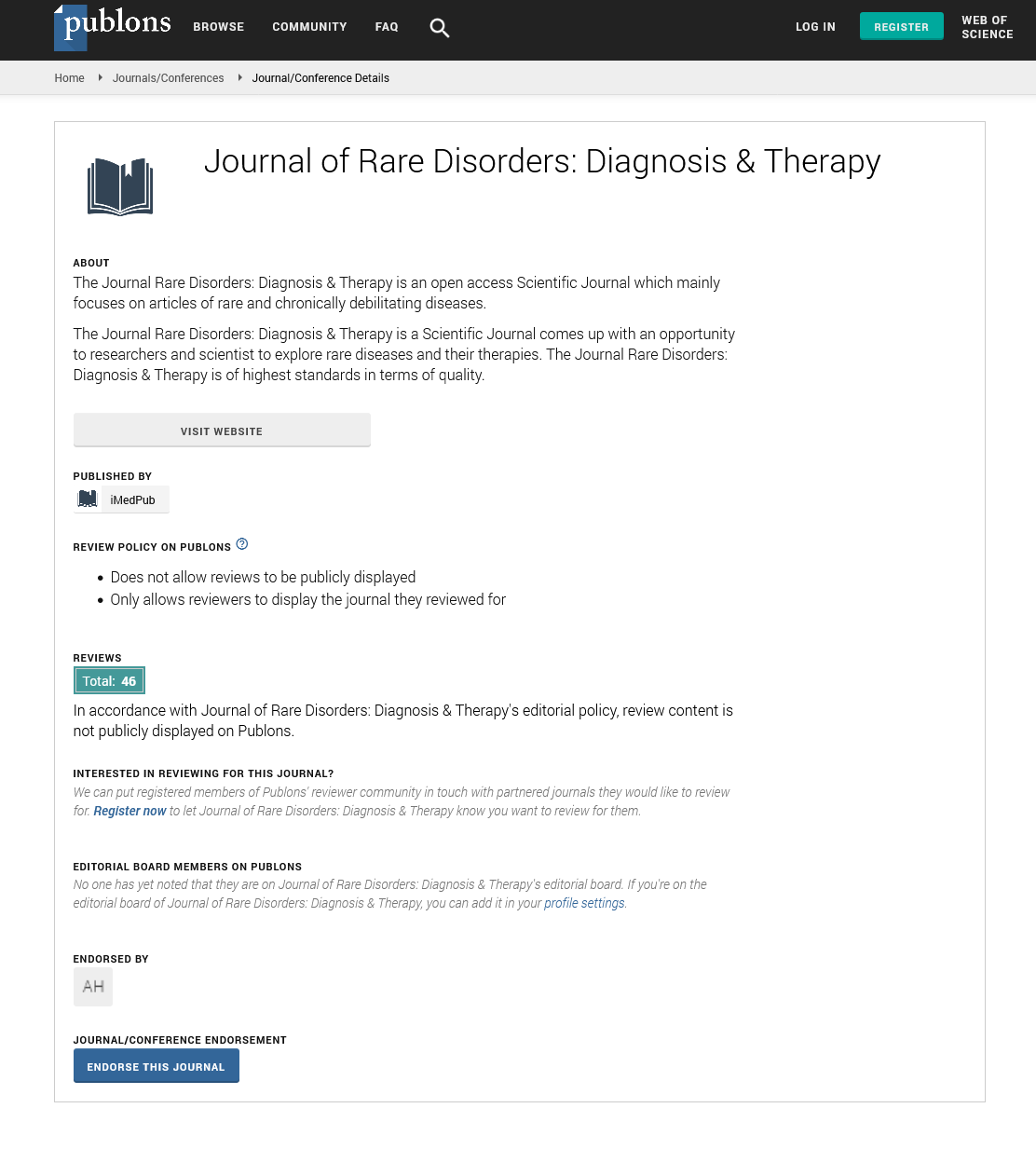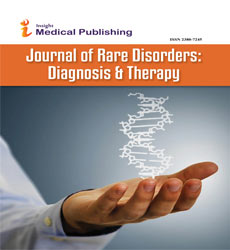Abstract
UCD Case Report: Glycerol Phenylbutyrate in the Management of Female Patients with Ornithine Transcarbamylase Deficiency
Context: Urea Cycle Disorders (UCDs) are rare inborn errors of metabolism resulting from a defect in one of the urea cycle enzymes. Patients with UCDs are unable to detoxify ammonia and convert it into urea properly, which can result in toxic levels of ammonia building up in the blood. Ornithine Transcarbamylase (OTC) deficiency is the most common UCD. If OTC deficiency is not adequately treated, it can lead to hyperammonemic crises which can be lifethreatening, regardless of the age or overall health of the patient.
Case report: This case report outlines clinical and biochemical observations of four unrelated Canadian females with OTC deficiency, with a focus on observations 12 months before, and 12 months after their ammoniascavenging therapy was switched to glycerol phenylbutyrate. Following the switch to glycerol phenylbutyrate, each patient in the study experienced a mild reduction in mean ammonia levels, fewer hospitalizations, and improved quality of life and adherence to ammonia-scavenging therapy.
Conclusion: More patients would need to be included in the study and for longer period of time, in order to make a more meaningful outcomes statement. As clinical experience in the management of OTC-deficient female patients continues, these cases suggest the importance of early and effective ammonia control using glycerol phenylbutyrate.
Author(s): Sharan Goobie, Gabriella Horvath and Shailly Jain-Ghai
Abstract | Full-Text | PDF
Share this

Google scholar citation report
Citations : 241
Journal of Rare Disorders: Diagnosis & Therapy received 241 citations as per google scholar report
Journal of Rare Disorders: Diagnosis & Therapy peer review process verified at publons
Abstracted/Indexed in
- Google Scholar
- China National Knowledge Infrastructure (CNKI)
- Directory of Research Journal Indexing (DRJI)
- Publons
- International Committee of Medical Journal Editors (ICMJE)
- Secret Search Engine Labs
- Euro Pub
Open Access Journals
- Aquaculture & Veterinary Science
- Chemistry & Chemical Sciences
- Clinical Sciences
- Engineering
- General Science
- Genetics & Molecular Biology
- Health Care & Nursing
- Immunology & Microbiology
- Materials Science
- Mathematics & Physics
- Medical Sciences
- Neurology & Psychiatry
- Oncology & Cancer Science
- Pharmaceutical Sciences


